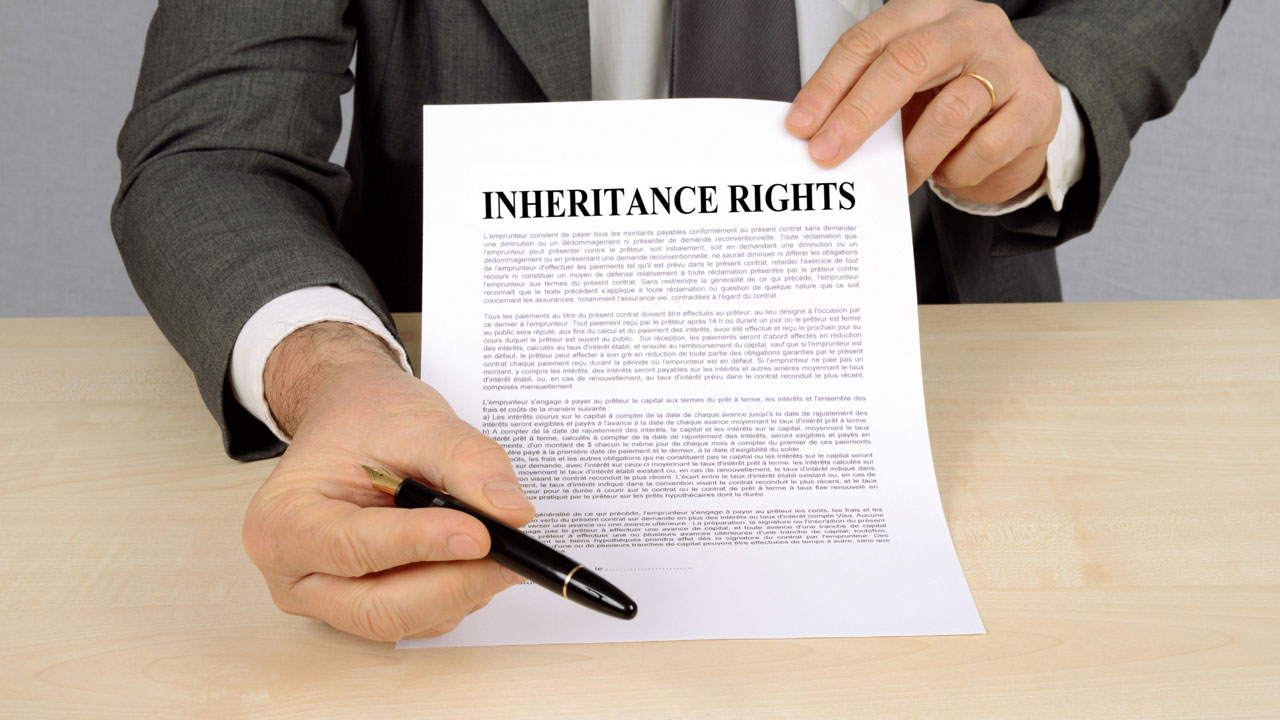When someone dies without a will, it leaves their loved ones with several legal challenges. It’s difficult to settle someone’s affairs if you aren’t named as the executor of their estate, and it can create barriers as you try to close accounts, settle debts, and more. An estate planning lawyer has to offer can help you prevent this scenario.
It’s possible to make a case to name yourself or another trusted person as the executor to a deceased person’s estate. An estate planning lawyer in Orange County can help you through the steps needed to establish yourself as the executor of an estate.
What Happens When Someone Dies Without a Will?
A will is one of the chief documents used to settle someone’s estate, divide their property, and more. Some wills are elaborate and include detailed instructions, while others are bare bones and dictate how the deceased wants to divide their assets among loved ones.
When someone dies without a will, they are considered intestate. That means that probate court will handle their affairs, determining how to divide property, who will receive which assets, and who will be the administrator of the will. That is why having a lawyer is so important during the probate process.
However, the court will also need to appoint someone to take care of the important everyday affairs like paying off credit card bills, canceling accounts, and more. Ordinarily, this would be considered the role of the execut
However, if there is no will, there is no rightful executor. Instead, the court will need to appoint someone to settle the decedent’s affairs. That person is called the administrator.
The administrator will have a lot of responsibilities, but they will also be compensated for their work. The state will normally compensate the administrator with a percentage of the estate they are managing.
If you want to appoint yourself or someone else as the administrator of the decedent’s will, you can file a petition and complete a few other steps to ensure that the task goes to someone reliable and willing to do the necessary work.
What is Estate Administration?
Estate administration includes a variety of tasks needed to tie up loose ends of the deceased person’s estate, this is usually the executor’s duty. When there’s no executor appointed by a will, the probate court will need to assign someone as the administrator to take care of these important tasks.
Administration includes paying off debts and final bills, distributing assets according to either the will or the probate court, locating assets, and more. In short, this role requires a lot of responsibility.
Paying off debts and bills can take a significant amount of time, but it must be done before the court will begin dividing up assets and distributing them to the rightful beneficiaries.
When there are no beneficiaries designated by the will, the probate court will take over and determine the heirs according to local law. In most cases, the property is distributed to the closst relatives first, starting with the spouse and the children.
The administrator is required to file a final report to the probate court once all concerns about the estate are resolved.
As the estate administrator, you have a responsibility to the decedent, along with their heirs. In order to protect yourself from financial liability, it’s a good idea to get professional legal advice from an attorney with knowledge in estate planning.
What’s the Difference Between an Executor and an Administrator?
The main difference between an executor and an estate administrator is how they are appointed to their roles. In order to be considered an executor, you must be named in the decedent’s will.
Being personally selected does give executors more influence over how to handle assets and complete their duties. The will details what tasks the executor is supposed to complete, and it may include things that are highly specific to the estate.
Being an administrator, on the other hand, is a fairly different role. This person is selected by the state and not the decedent when there is no will.
That means an administrator generally won’t have as much free reign. However, it is possible to sell property in order to pay off debts.
Both roles are paid for the work they do to pay off debts, get in touch with beneficiaries, and otherwise settle affairs.
How Can I Become the Administrator of an Estate Without a Will?
When the court discovers that there is no assigned executor for a person’s estate, they will appoint someone to do the job. Normally, this is a close relative like a spouse or children. The court usually prioritizes those who stand to inherit from the decedent.
However, if you believe that you should be appointed executor, you can make a case to the court. When there is no executor, or the executor is unable to perform their duties, it’s possible to petition to administer the estate yourself.
In this situation, you may receive a letter of administration. This letter is issued in order to grant someone the legal authority to administer a decedent’s estate, such as collecting any money owed to the person, filing taxes, and contacting the beneficiaries.
Filing a Petition
When you file for the position of estate administrator, you’ll need to include certain legal documents. This includes:
- The death certificate
- Your own legal identification
- An inventory of assets
- List of heirs or relatives
Once you have collected the necessary paperwork, you can file the petition in the local county courthouse.
After you file your petition, the court will either approve or reject your request to be appointed as administrator. In some instances, you will need to attend a hearing before being appointed.
Get Help from an Experienced Will Attorney in Orange County
With the help from our will attorney, Orange County residents can rest assured that they’ll have the assistance they need going through the administration process—ensuring that everything is resolved quickly and according to local laws.
Our law firm specializes in estate planning and administration. Advice from our expert attorneys can make administration tasks easier, and we’ll make sure you can navigate the probate process with confidence.
We provide consultations for potential clients to help you consider your various options. Schedule an appointment to learn more about estate administration, contact us at McKenzie Legal & Financial today!











